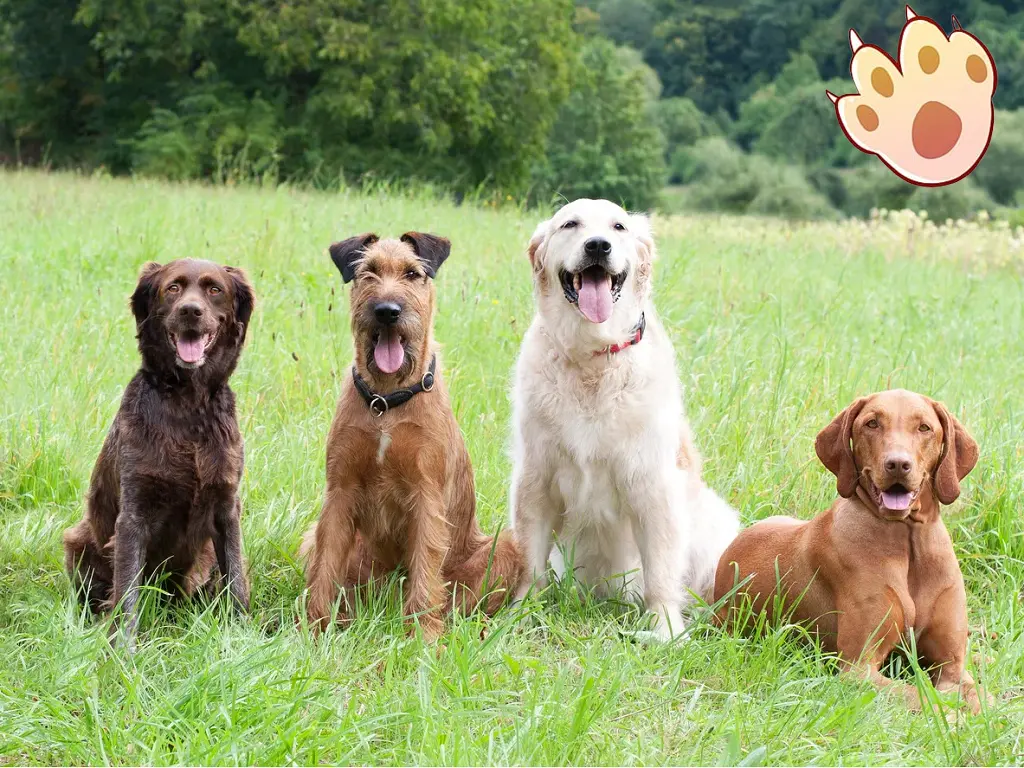
Dogs never cease to amaze us with the tricks and skills they can learn—but when people say a dog is "easy to train," what exactly do they mean?
Easy to train usually means how quickly the dog learns basic commands like 'sit' or 'come'. Dogs that pick up new things quickly are usually highly motivated and are often described as "biddable" because they respond eagerly to rewards like treats and praise. Easy-to-train breeds include German Shepherds, Border Collies, and Golden Retrievers.
We display the top easiest-to-train dog breeds and introduce other factors that impact your dog's training positively.
This video is owned by the original creator on YouTube and is embedded in compliance with YouTube's Terms of Service. Our website provides independent commentary and analysis.
1. Border Collies
Border Terriers are fiercely independent, but can be a bit stubborn. They were originally bred to hunt down pests, like rats and mice on farms. This solitary work requires them to be self-sufficient and resourceful, qualities passed down from their ancestors.
While these quick learners love making their owners happy. With patience and positive reinforcement in training, Border Terriers can become obedient companions. According to data, Border Terriers are the easiest dog breed to train worldwide.
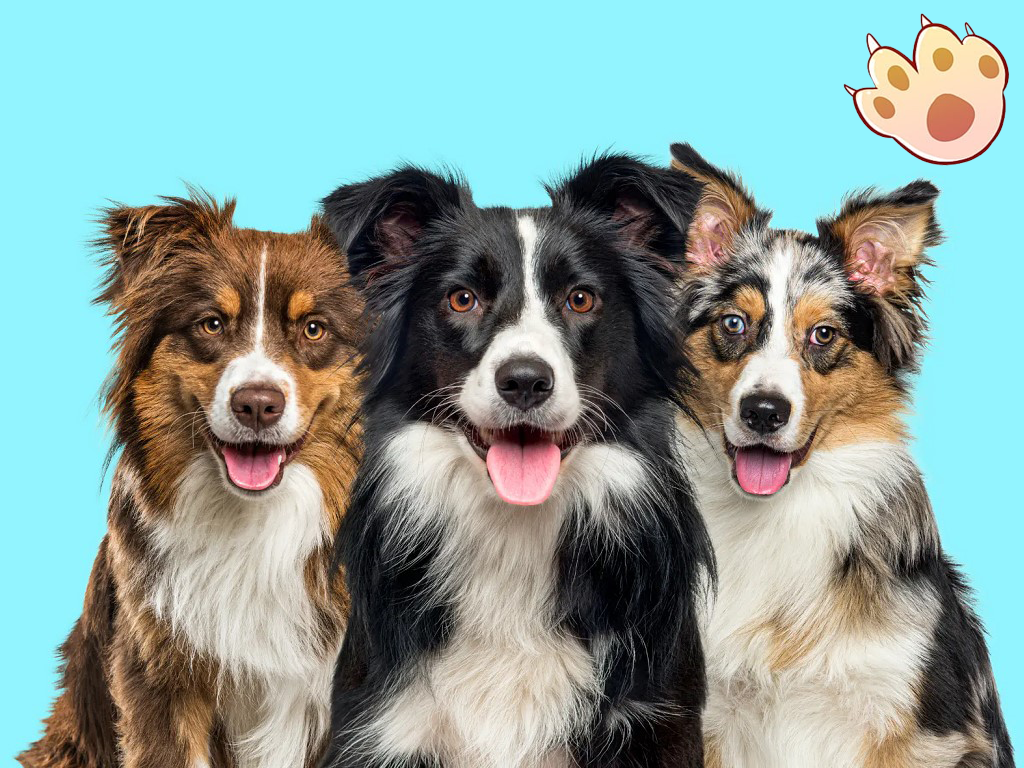
2. Poodles
Poodles are a super smart breed that are active, friendly, and playful! Originally, they were bred to help catch ducks in the water. Because of their sensitive nature, positive, effective training and short, fun activities are most helpful to them.
Of course, Poodles shortcomings are also obvious. Whey they left alone, they bark a lot and may feel anxious, so they need consistent training and rewards.

3. German Shepherds
German Shepherds are loyal, intelligent, and Versatile. They learn commands quickly and excel in obedience training. They are commonly used in police, military, and service roles due to their trainability and discipline.
However, they are heavy shedders, especially during seasonal changes. Therefore, they require regular brushing.
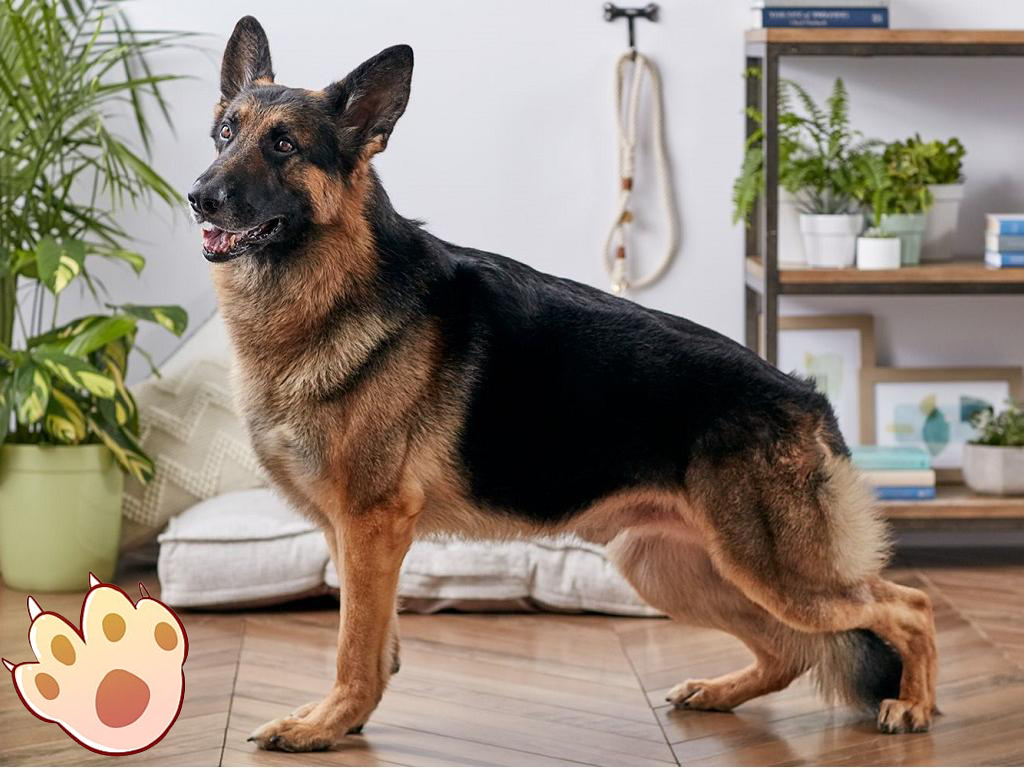
4. Golden Retrievers
Golden Retrievers are known for affectionate, patient, and great with families, kids, and even strangers. Besides that, they are intelligent and eager to please, making them quick learners for obedience and tricks.
While Golden Retrievers' thick double coat sheds year-round and needs regular grooming. And they naturally inclined to carry things in their mouth—sometimes chewing inappropriate objects if not trained properly.
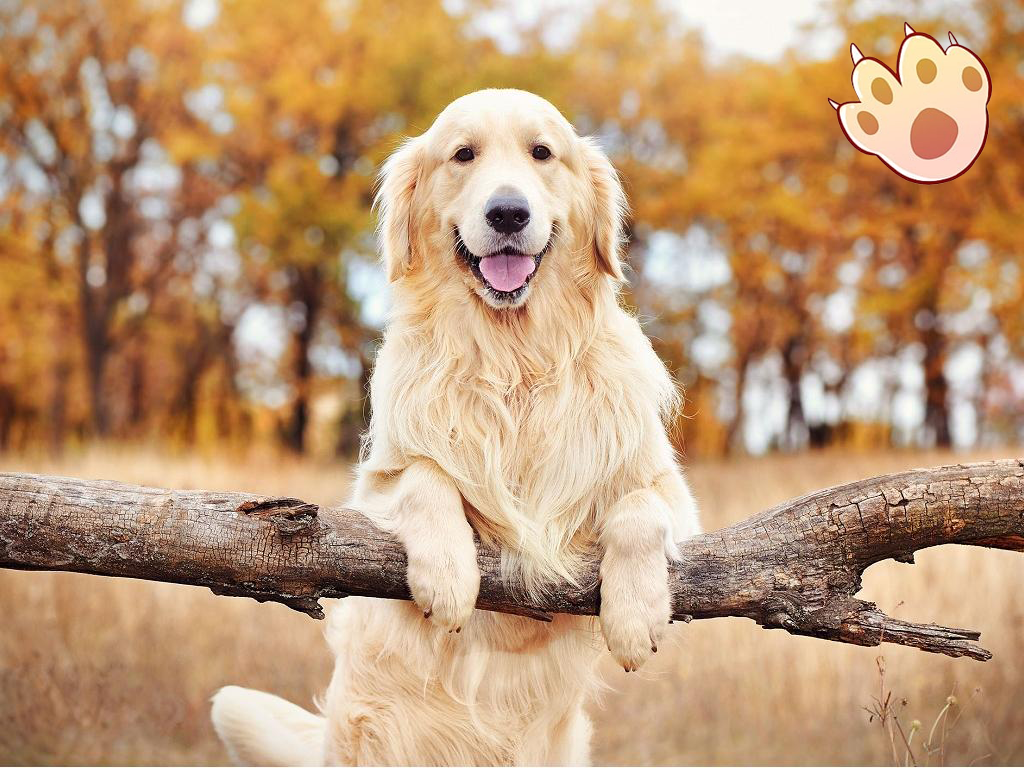
5. Labrador Retrievers
Labrador Retrievers are famously social and affectionate, making them excellent family pets. They are TQuick learners and eager to please, they excel in obedience and working roles.
However, Labrador Retrievers are Prone to overeating and obesity, so they need a carefully managed diet.
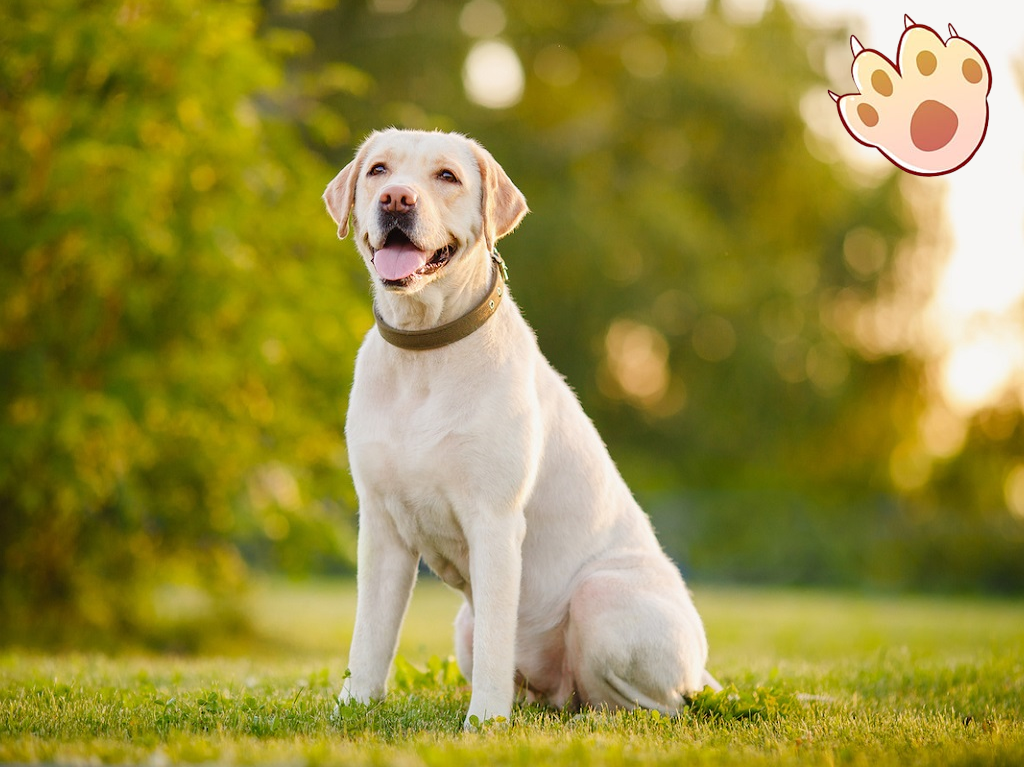
6. Papillons
The Papillons are one of the smartest toy breeds—great at learning tricks and commands. Becasue of papillons' curiousity and playful trait, they're always ready for activity or mental stimulation.
While due to papillons' small size, they're more prone to injury, especially around young children or larger dogs. And they are tend to bark at sounds, people, or unfamiliar situations—early training is important to manage it.

7. Doberman Pinschers
Dobermans are quick learners and excel in obedience, protection, and working roles. They are deeply devoted to their family and naturally protective, making them excellent guard dogs.
But due to dobermans' high exercise requirements, if they lack daily physical and mental activity, they can become bored, anxious, or destructive.
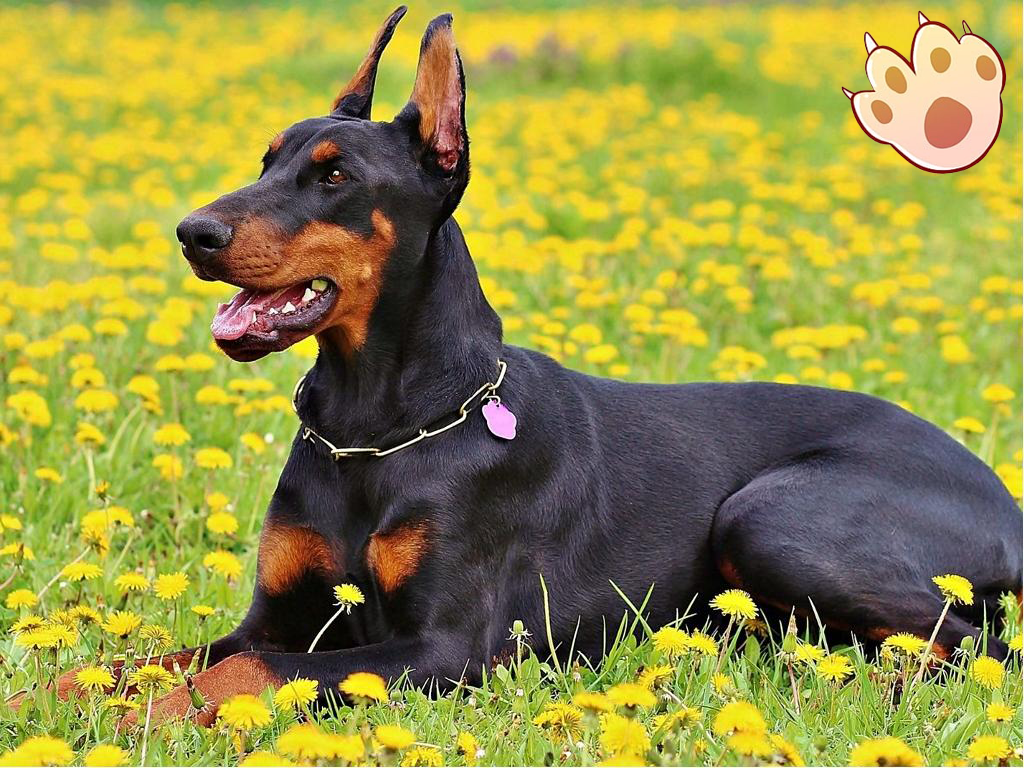
8. Shetland Sheepdogs
Known for their intelligence, Shelties learn quickly and perform exceptionally well in obedience, agility, and trick training. They are gentle, friendly usually get along well with kids and animals when properly socialized.
While, they are also known for barking a lot—can be a nuisance if not properly managed.
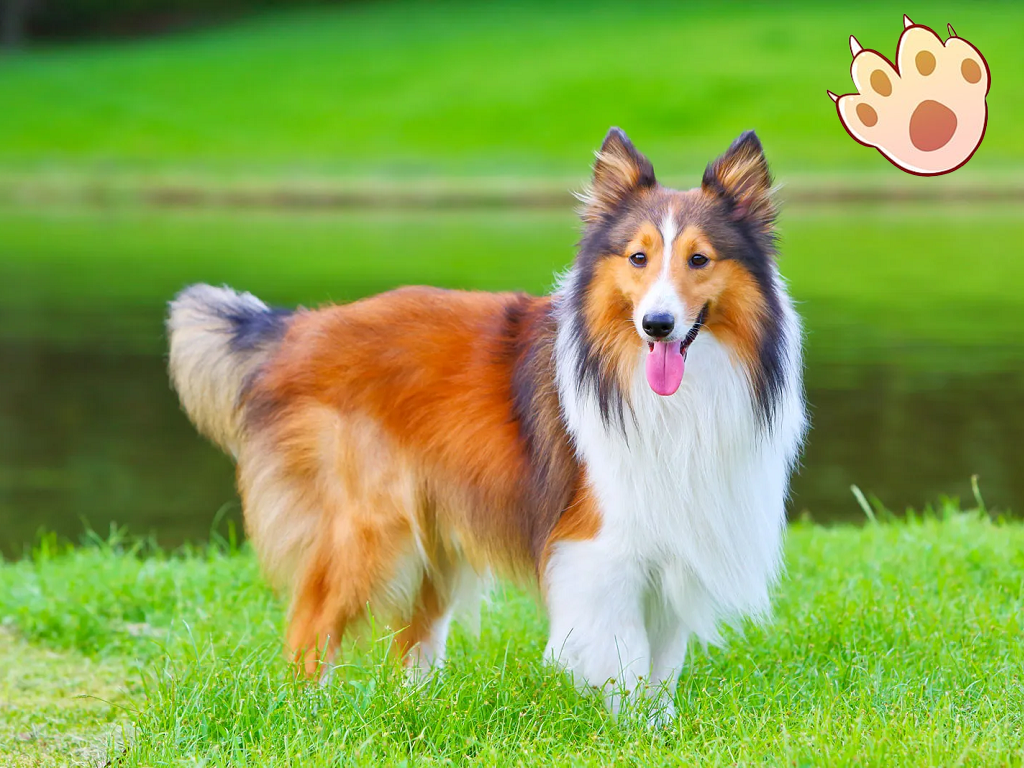
9. Australian Shepherds
Australian Shepherds are exceptionally smart and excel in activities like obedience, agility, herding, and advanced training. Cada says this herding breed will watch your every move and memorize your patterns—they may eventually try herding you into your routine!
Australian Shepherds have very high exercise needs, so boredom can lead to destructive behavior.
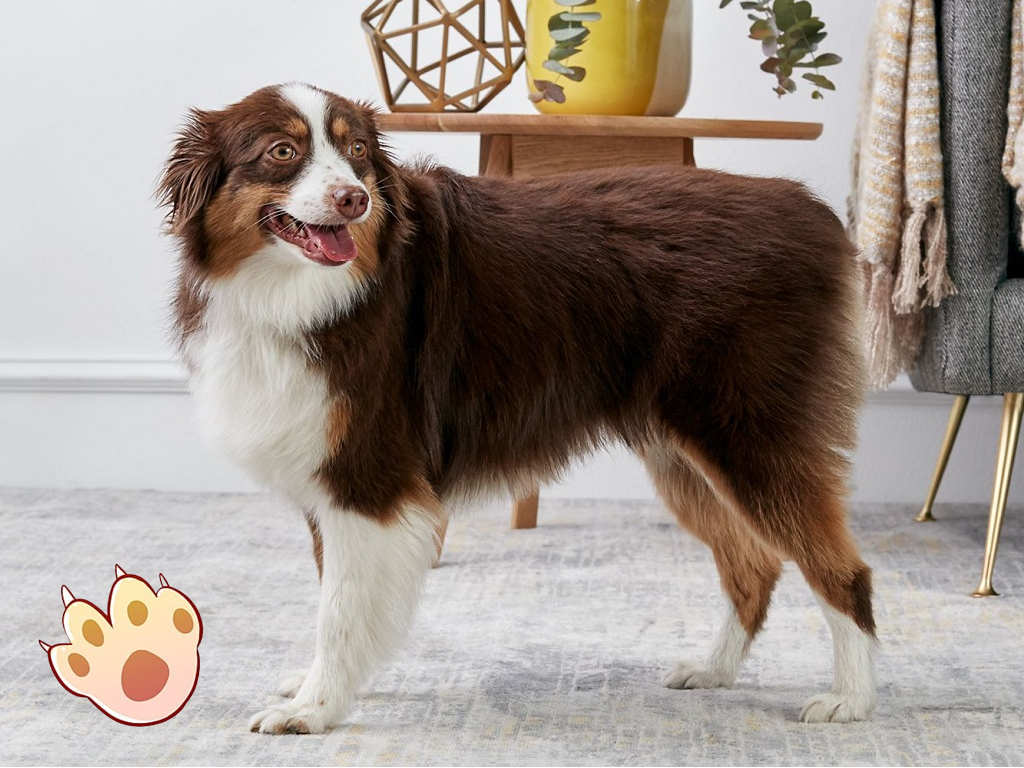
10. Miniature Schnauzers
As for Miniature Schnauzers, they are known to be intelligent, quick learners, and respond well to consistent training. In addition, they are typically outgoing and good with children, other dogs, and even strangers when properly socialized.
They are also known to attract attention with their barking, so early training is important to control excessive barking.
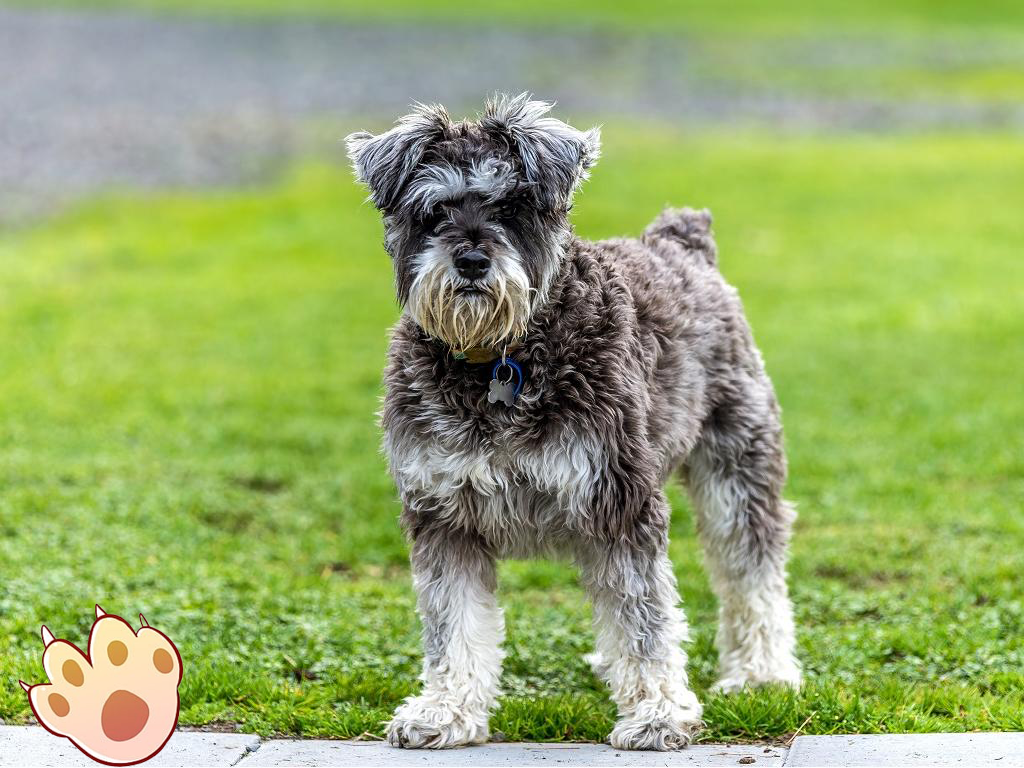
11. Rottweilers
Rottweilers form strong bonds with their family, making them natural guardians who learn quickly and respond well to consistent, firm training.
Thay need early socialization and training, otherwise, they can become overly protective, dominant, or aggressive.
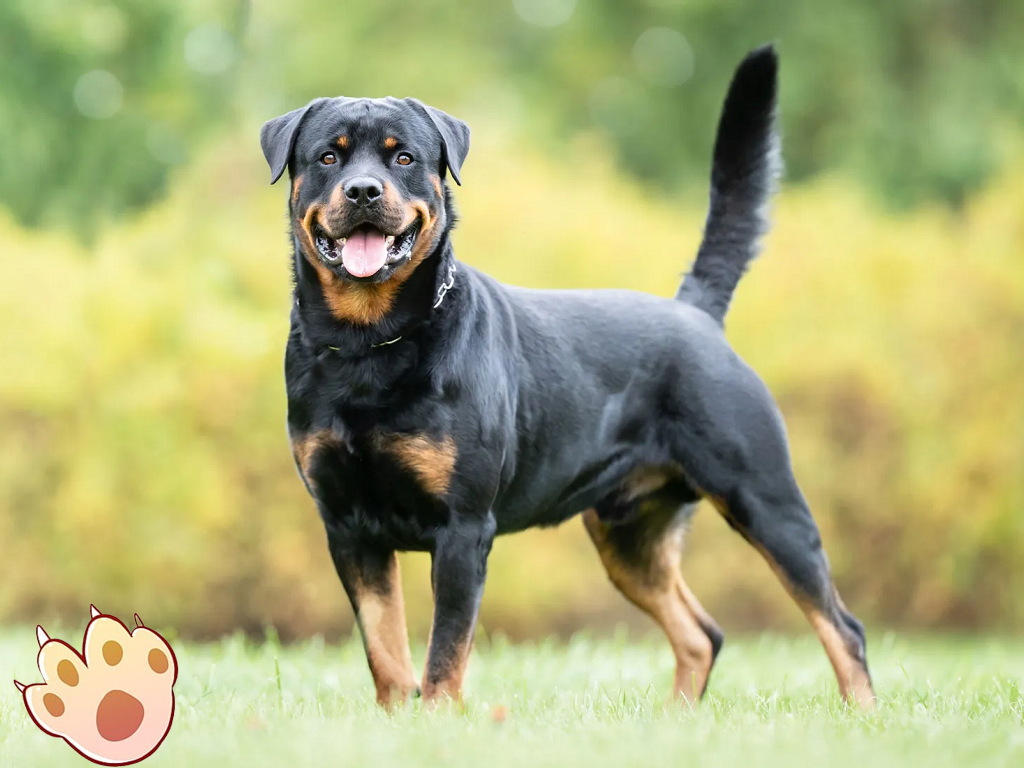
12. Boxers
Boxers are energetic, playful dogs that form strong bonds with their families, making them affectionate, patient companions—especially with children—and excellent watchdogs, thanks to their natural guarding instincts and ability to learn quickly with consistent, positive training.
However, Boxers are very high energy and can be stubborn. Therefore, they equire plenty of daily exercise and mental stimulation, otherwise, they can become restless or destructive. For their stubborn, early training is important.
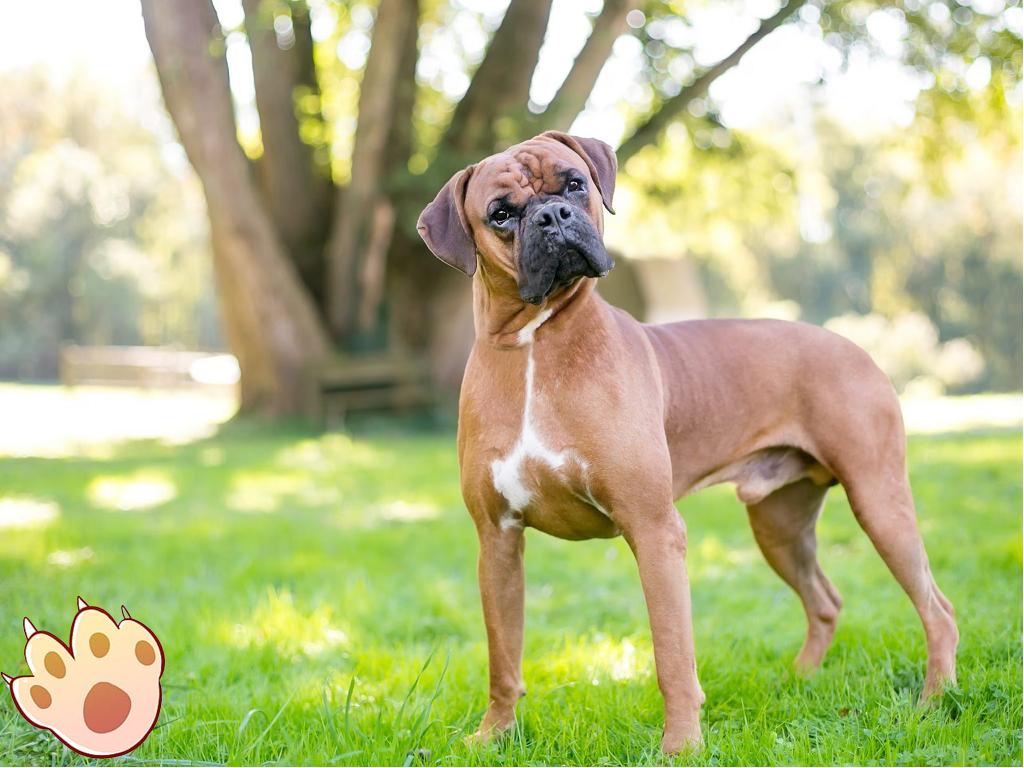
No matter how easy to trian a dog, it's still need you takes some effort. If you're a first-time dog owner, you may not know where to start. It's best to get some help in the beginning. You can even ask family members, friends, and neighbors who have well-behaved dogs for advice.
2018-2026 © PupsLover.All Rights Reserved.